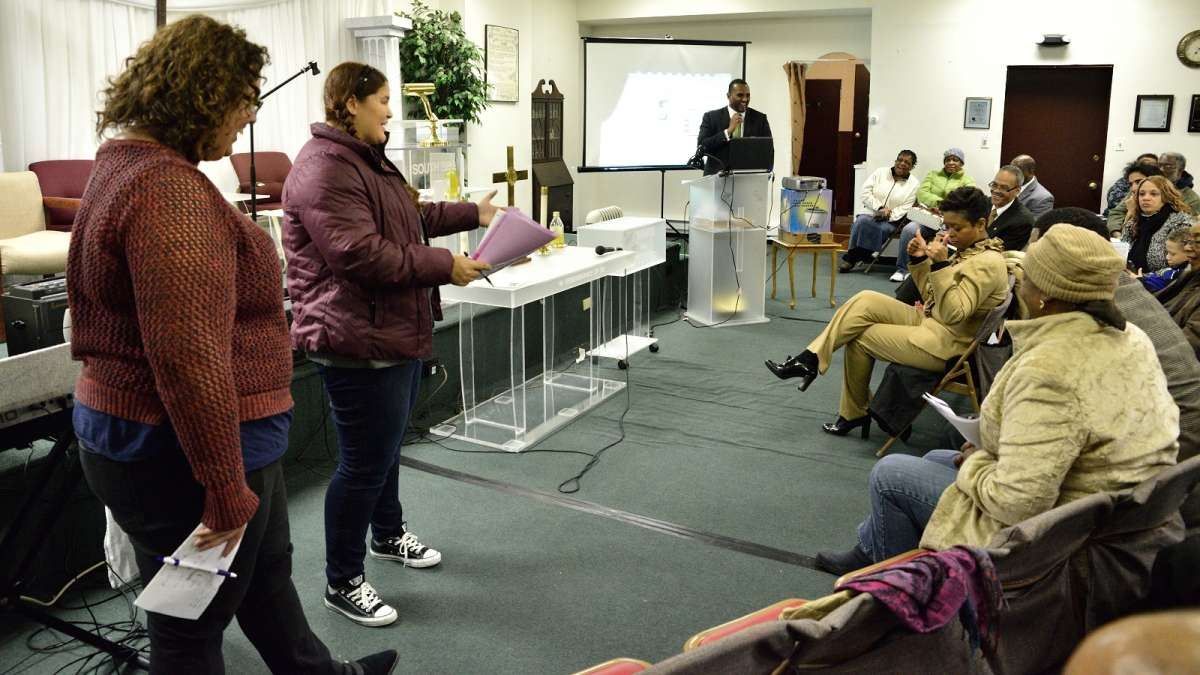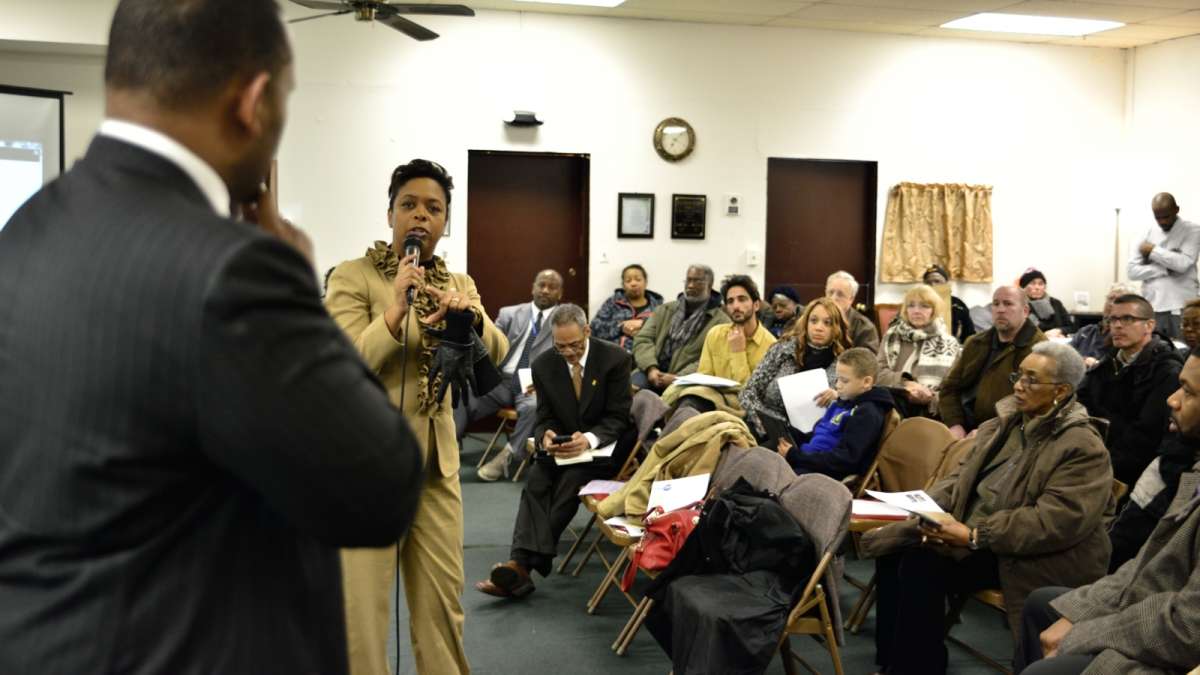Delaware State and our flawed student loan system
Anyone with two eyes and a beating heart knows the way we force students to pay for college is completely unsustainable, unfair and needs to change ASAP.
A reminder of this came from Delaware State University this week. Starting next year, DSU won’t be able to offer low-income students Perkins loans, thanks to an arbitrary federal formula that determines how many students are allowed to be behind on their payments.
DSU missed the mark by a tiny margin, therefore poor and low-income students will be punished by not being offered Perkins loans, which come with lower fees and interest rates, and instead will have to rely on more expensive options to fund their education.
This makes sense… how?
What makes it more appalling is the amount DSU students owe pales in comparison to every other university and college in the state. For instance, Goldey-Beacom College students owed nearly $1.7 million in past due loans, a number that dwarfs the $60,000 past due by DSU students, where according to the school many had past due bills less than $1,000 each.
It’s not as if DSU were giving out a lot of Perkins Loans anyway – the federal government made that hard, too. According to the News Journal, only 18 students were awarded Perkins loans this academic year, out of 4,500 students. And in the previous two years, DSU didn’t issue a single Perkins loan.
Why? Because the government doesn’t allow schools to lend more money than they bring in from former students. So since so few DSU students have gotten Perkins loans, even fewer were able to quality, despite the school’s high percentage of low-income students.
Ballooning out of control
The issue of student loan debt is ballooning out of control. Part of the problem is student loans are essentially made by colleges with government money. All the schools care about is getting potential students enrolled and paying into the system, and concerns like repayment, interest rates and the amount the students are borrowing are cast aside as an afterthought.
This is made even more egregious when you look at Sallie Mae. We all drive by their new building across from the Christiana Mall, but next time you do, keep in mind Sallie Mae is being kept profitable by the same government that is wreaking financial havoc on students.
Sallie Mae is able to borrow from the federal government at extremely low interest rates, often less than 1 percent. Meanwhile, it forces students into interest rates around 9.8 percent. “Given their role in creating the [2008] crash, it is reasonable to expect lenders to do everything possible to help borrowers with unaffordable loans. Distressingly, this has not occurred,” says a report from the National Consumer Law Center.
So what’s the solution? For starters, as a News Journal editorial recently pointed out, colleges need to take on more responsibility in the loans they dole out. They shouldn’t be able to offer government-backed loans (with little to no risk to their school) to students who will be unable to repay them.
Senator Warren has proposed a “skin-in-the-game bill” that would force colleges to refund a portion of a student’s loan if they don’t meet on-time graduation rates and other criteria. It forces lending responsibility onto schools, but since she’s a Democrat, don’t expect Republican support for this common-sense legislation anytime soon.
Second, it’s nice to see President Obama touting a decline in the deficit, but should the government be allowed to profit $41.3 billion on the back of struggling students? The profit the federal government made off student loans in 2013 is more than all but two companies in the world: Exxon-Mobile ($44.9 billion) and Apple ($41.7 billion). Even worse, the Congressional Budget Office estimates the federal government will bring in an additional $185 billion in profits on new student loans made of the next ten years.
This is a disgrace. Until these issues start to be addressed, our kids will needlessly suffer under the burden of oppressive students loans. On the other hand, it’s never been a better time to be a plumber.
——
Rob Tornoe is a cartoonist and a WHYY contributor. Follow Rob on Twitter @RobTornoe
WHYY is your source for fact-based, in-depth journalism and information. As a nonprofit organization, we rely on financial support from readers like you. Please give today.


















